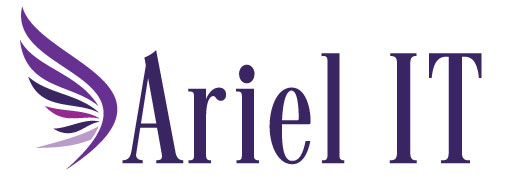What’s in Your Business Continuity Plan?
Similar to a fire escape plan and drills, business continuity planning is a process that anticipates and prepares your business for what to do in the event of a disruption — whether that disruption comes from a disaster, cyber attack or system crash.
The common approach to business continuity planning is to identify critical systems and people, backup those systems and ensure the right people have access to backups and emergency vendors, and outline a response plan. Identifying and backing up critical systems are fairly straightforward planning tasks, but the response plan needs to accommodate working under unusual constraints.
Let’s look at the example of a flooded office. Having done your homework, you’ve previously identified the IT systems critical to your business including customer lists, financial records, employee records and business applications. These systems have been backed up or are also accessible via cloud-based services. Now here’s the real test:
- Can the responsible employees access the response plan from outside of the office?
- Are there secure connections for remote access?
- If your employees do not normally work remotely, have they received training on securely accessing company systems and working remotely?
- Have employees been trained not to use personal email accounts to conduct company business or communicate to clients?
- Are there employee functions who should not report to work during this emergency, and how will you notify each employee of expectations?
- How will you verify safety of employees during an emergency and their ability to work during that time?
- What and when will you communicate about the disruption to your customers? The answer will depend on the severity as well as whether any of your customers’ data has been compromised. Will their business be interrupted or delayed during this disaster?
If your office is inaccessible or employees are unable to leave their homes, secure remote access will be required for the duration of the disruption. One option for remote access is called VPN, which stands for Virtual Private Network. VPNs allow access to a private network via the public internet, but secure the data and network traffic. VPNs need to be created before it is needed, and employees may need directions on where to download client side software to access the VPN. arielMIS will help your business assess whether VPN is right for your business continuity plan and can provide training to your employees. Evaluating and enabling your business and employees with secure remote access is just one way arielMIS helps our customers keep their businesses secure and operational.
According to FEMA, almost 40 percent of small businesses never reopen their doors following a disaster. The Department of Homeland Security has responded with “Ready” by providing recommendations such as the IT Disaster Recovery Plan for business in the event of a disaster. arielMIS will work with you to develop a Business Continuity Plan with the right balance of preparedness and complexity for your unique situation so that your business will be one of the ones that reopen for business!
arielMIS is a Managed Service Provider (MSP) providing businessCARE™ IT services designed to keep you and your employees productive and safe. Contact Us if you’re interested in learning more about our services.
